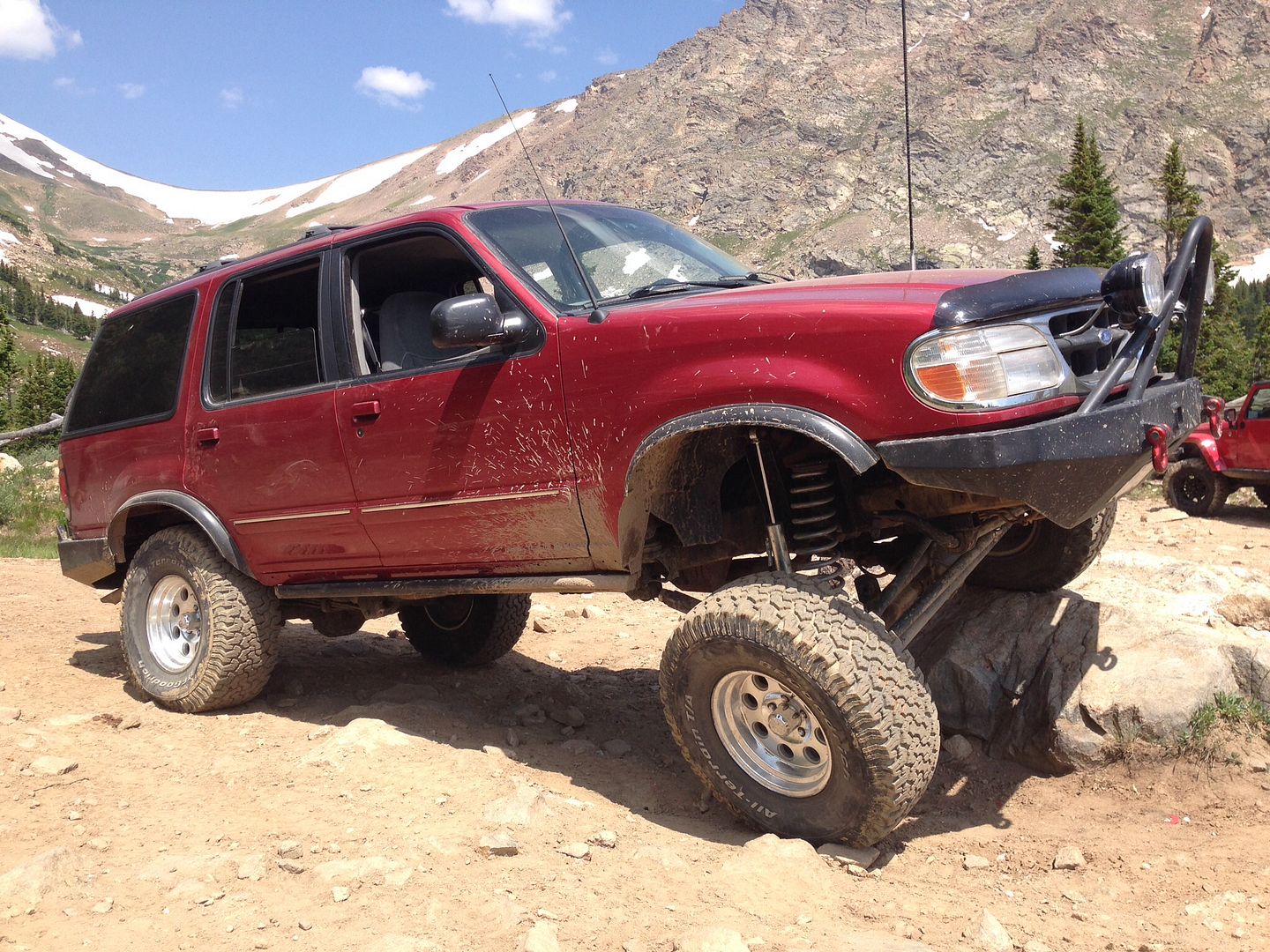DaveInDenver
Middle Income Semi-Redneck
The line of reasoning is repeated constantly that says "The OEM would have done it this way because they have decades of engineering." And it's true, they do have a lot of experience and knowledge. But keep in mind that they are constrained by assumptions for use and many decisions are driven by program management, accountants and marketing. So the stock truck isn't necessarily the best possible truck, it's the set of compromises that best fit their business goals. It's also almost certainly not tailored for your exact use, either. So there are always ways to make it better suited.If a company which has been doing this many decades filled with engineers who do this for a living could get some easy HP gains "for free" don't you think they'd do it? There is some cost incurred here and are you comfortable paying that cost when you don't even know what it is? I'm not.
To your point, part of the cost is the cost. Manufacturers have to weigh MPG vs HP vs dollars. If they use a better (or more expensive let's say) filter its got to return more in profit on each individual vehicle. As you've rightly mentioned 260 HP is sufficient and they would't sell anymore Tacomas and 4Runners at 265 HP if the cost was $10 more for a K&N, so there's no argument to supply one from the factory. That is even before any analysis to find reliability, filtering efficiency, replacement interval, engine wear, etc.
My thinking is Toyota (or whomever) isn't infallible but there has to be a reason for changing. I've second guessed Toyota and been burnt. I've also second guessed them and that something didn't fail I was probably correct.

